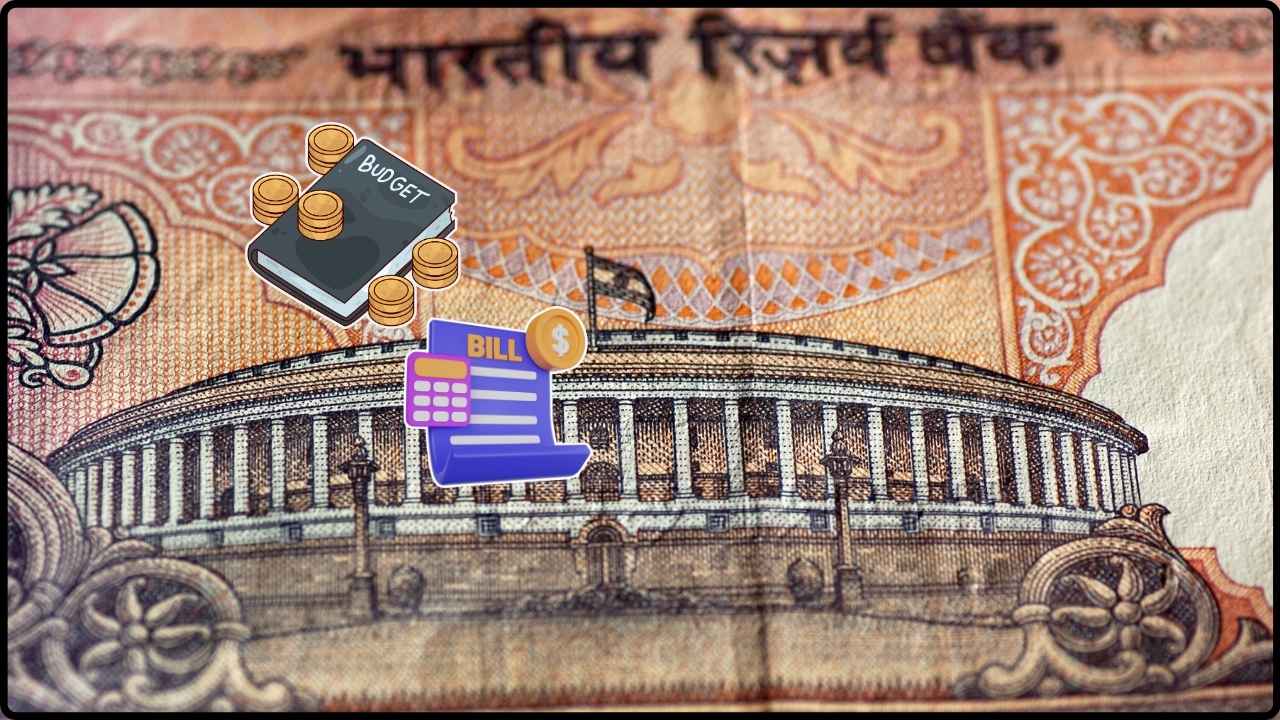Half-Yearly Income Tax Digest 2025: The year 2025 is already proving to be an eventful one for taxpayers and tax professionals in India, with several critical rulings from the Income Tax Appellate Tribunal (ITAT) shaping how income tax laws are interpreted and enforced. Understanding these rulings can save taxpayers from unexpected tax liabilities and penalties, and help them navigate their tax obligations with greater ease and confidence. Whether you’re a seasoned tax professional or someone just trying to get a grip on your tax responsibilities, it’s crucial to stay on top of these developments. Let’s break down the key ITAT decisions so far in 2025, highlighting what they mean for taxpayers, professionals, and businesses alike.
Half-Yearly Income Tax Digest 2025
The first half of 2025 has seen some significant rulings from the ITAT that are a must-know for anyone dealing with tax matters in India. These decisions cover a range of topics, from bogus purchases to the handling of cash deposits during demonetization. Whether you’re an individual taxpayer, business owner, or tax professional, staying informed about these rulings can help you navigate the complex landscape of income tax law more effectively. Remember, tax laws evolve, and being proactive about understanding them can save you from unnecessary complications. Always seek professional advice when in doubt—after all, your tax affairs are too important to leave to chance.

| Key Takeaways | Details |
|---|---|
| Bogus Purchases | Court rules on the evidentiary requirements for claiming legitimate purchases. |
| Unexplained Cash Deposits | Cash deposits during demonetization deemed business-related by ITAT. |
| Capital Gains Exemption | Taxation clarified for properties gifted between spouses. |
| Reassessment Orders | ITAT stresses the importance of procedural fairness, quashing reassessment orders without proper hearing. |
| Penalty for Non-Audit | Guidelines on penalties for non-audited accounts and exceptions in certain cases. |
| Interest on Tax Payments | ITAT clarifies the issue of interest on excess tax payments under Section 244A. |
Introduction to ITAT and its Role in Indian Taxation
Before we dive into the rulings, it’s important to understand the role of the ITAT. The Income Tax Appellate Tribunal (ITAT) is a quasi-judicial body that hears appeals on tax cases. It serves as the final authority on disputes related to income tax matters, except in cases where the matter is taken up by the Supreme Court. For many taxpayers, the ITAT is often the last line of defense before substantial tax liabilities become final.
What Does the ITAT Do?
ITAT handles cases where individuals or businesses disagree with tax authorities’ decisions regarding assessments, penalties, or reassessments. When disputes arise, taxpayers can appeal to the ITAT, which can either uphold the tax authority’s decision or modify it. In many cases, the tribunal’s decisions have far-reaching consequences for how tax laws are interpreted and applied, making it essential for taxpayers and tax professionals to follow these rulings closely.
Breakdown of Key Half-Yearly Income Tax Digest 2025

1. Bogus Purchases – A Case for Proper Review
Case: Hari Krushna Machintech Pvt. Ltd. vs DCIT
The Ahmedabad Bench of the ITAT ruled in favor of the assessee, remanding the case for a fresh hearing. The case involved a ₹11.84 crore addition for bogus purchases. The Court ruled that dismissing the appeal without a fair hearing was unjust, as the taxpayer had provided substantial evidence to support the legitimacy of their purchases. This decision emphasizes that businesses must keep strong records to prove the authenticity of their transactions.
Practical Tip: If your business has claimed purchases, make sure to keep proper records—like invoices, transport receipts, and payments—proving that the purchases were legitimate and not from “bogus” sources. Tax authorities will scrutinize these documents, and a lack of documentation can result in harsh penalties.
2. Unexplained Cash Deposits During Demonetization – No Unaccounted Income
Case: Shri Jai Singh vs ITO
The Lucknow Bench of the ITAT found that the ₹1.36 crore cash deposit made during the demonetization period was part of legitimate business transactions and not “unexplained income.” This is a significant ruling because, during demonetization, many individuals were subjected to scrutiny over cash deposits, and many faced hefty penalties.
Key Insight: The ITAT’s decision highlights that just because a deposit was made during the demonetization period, it doesn’t automatically imply it’s unaccounted income. If you’re in a similar situation, make sure you can prove the origin of the cash deposit with relevant business records.
3. Capital Gains Exemption for Spouses – Clarifying Clubbing Provisions
In this case, a wife claimed capital gains exemption on properties gifted to her by her husband. The ITAT ruled that the clubbing provisions don’t apply when a spouse is gifted property, clearing up confusion for many taxpayers.
Real-World Example: If you’re gifting property to your spouse, this ruling ensures you don’t need to worry about clubbing provisions, meaning the gift won’t get taxed under your name.
Takeaway: Always consult with a tax advisor if you’re unsure about how gifting or transferring assets within the family may impact your taxes.

4. Reassessment Orders – The Importance of Procedural Fairness
Case: General principle laid out in multiple cases
ITAT has ruled that a reassessment order can be quashed if there is a failure to dispose of written objections. This ruling underscores the importance of procedural fairness in tax assessments. Taxpayers should ensure that they always respond to notices within the specified time frame and keep copies of all correspondence with tax authorities.
Actionable Advice: Keep track of all communications with tax authorities, especially if you’re under reassessment. Ignoring notices or failing to formally object to reassessments can lead to further complications down the road.
5. Interest on Excess Tax Paid – Understanding Your Rights
Case: Indian Oil Corporation Ltd. vs DCIT
In this decision, ITAT clarified the rules surrounding interest on excess tax paid, ruling that taxpayers are entitled to interest under Section 244A if they paid more tax than required. This decision impacts large corporations, but it’s important for all taxpayers to know that they can claim this interest when applicable.
What Does This Mean for You? If you’ve overpaid taxes, make sure to check if you are entitled to interest on the excess amount. Filing an application for this interest might lead to a refund.
6. Penalty for Non-Audit of Accounts – Understand the Exceptions
Case: Gopal Agarwal vs ITO
This ruling addressed penalties imposed under Section 271B for failure to get accounts audited. The ITAT set aside the penalty, citing that the penalty was premature, as the appeals related to the original assessment were still pending. This emphasizes the importance of ensuring that you meet audit requirements for your business but also knowing when penalties may be unjustified.
Key Insight: If your business is required to get its accounts audited, don’t delay it! However, if there is a genuine reason for the delay or omission, you might be able to challenge the penalty.

7. Deletion of Addition for Unsecured Loans – Proper Documentation is Crucial
Case: Harsh Stock Portfolio Pvt. Ltd. vs DCIT
In this case, the ITAT upheld the CIT(A)’s decision to delete an addition of ₹4.28 crore for unexplained loans. The loans were repaid within the same year and conducted through banking channels, which made the case for the loans’ legitimacy.
Practical Insight: For businesses or individuals dealing with unsecured loans, always ensure you maintain documentation showing the legitimacy of the loans, including repayment schedules and bank records. The transparency in transactions can prevent significant tax adjustments.
Massive ₹62 Crore GST Evasion Scam Uncovered in Ludhiana—Two Arrested in Major Tax Fraud Bust!
August 2025 GST Compliance Calendar: Everything You Need to Know to Stay Ahead of Deadlines
Cabinet Greenlights Major GST Act Amendments—What These Changes Mean for Businesses and Consumers










